
Outreach effort, Brothers United, works to raise HIV awareness
While the rest of the city is quietly winding down for the night, nondescript mobile units descend on Philadelphia street corners searching for Black and Latino men at risk of contracting or spreading HIV. The outreach effort is part of a larger interstate program called Brothers United, which aims to raise awareness about living with and preventing the spread of HIV. It is geared towards men who have sex with men and intravenous drug users and their partners residing on both sides of the Delaware River.
Now in its first year, Brothers United became a reality last July thanks to a five-year grant issued by the Centers for Disease Control (CDC). Two local agencies – Access Matters and Congreso de Latinos Unidos – serve the Philadelphia population while Hispanic Family Center of Southern New Jersey serves men in Camden.
The mobile units operate anonymously during the hours of 10 p.m. and 2 a.m. several times a week. They provide onsite counseling, HIV testing and STD screening. It is a way for men engaging in high-risk activity to seek help without compromising their identities to the greater community. This challenge is unique to men of color, and one of the biggest obstacles Brothers United hopes to overcome.
“There is no designated African-American or Latino gay community – they live among their people,” says Rashidah Abdul-Klabeer, director of community-based services at Access Matters, the lead agency for Brothers United.“They may not be out as you would expect in, say, the Caucasian community where they have designated communities with rainbow flags. Men of color are interspersed and integrated into their own communities.”
Abdul-Klabeer says the first year of implementation has been successful thanks in part to the community outreach available through these mobile units. There, men who test positive for HIV are linked to counselors, referred to clinics and coached through the complex web of signing up for healthcare if they don’t already have insurance. Men who are not HIV positive can also access some of these services. The goal here is to educate them about how to best protect themselves and others from contracting the deadly disease.
This last point is fundamental to the successful implementation of Brothers United, Abdul-Klabeer says. While there is still no cure for either HIV or AIDS, advancements in medical technology can dramatically slow the diseases’ progress and prevent secondary infections and complications. These anti-retroviral regimens, called ARVs, suppress symptoms so successfully that people can now live for decades without succumbing to the disease.
While these improvements are increasing the mortality rates of those with HIV, they have also contributed to the misunderstanding that HIV is no longer a threat.
“When people were only living nine months to a year, the numbers were staggering and so people were really aware of the problem,” Abdul-Klabeer says. “But now, because we have one pill once a day kind of treatment, people are healthy … and going through the usual activities of life – having children, getting married … so it doesn’t seem as serious.”
But the problem is serious. Nearly 19,500 residents are living with HIV or AIDS in the Philadelphia area and most of them are Black or Latino men. Non-Hispanic blacks represent 68 percent of all newly diagnosed HIV cases and 73 percent of AIDS cases, according to a 2014 report issued by former Mayor Nutter’s AIDS Activities Coordinating Office.
Latinos accounted for 15 percent of new diagnoses, but a CDC report issued that same year predicts that about one in four Latinos will contract the disease during their lifetimes. Health officials warn that if the current trend continues, roughly half or gay and bisexual men will be diagnosed with HIV at some point.
“Young adults, especially those who are sexually active, do have a significant risk for exposure to HIV, many of whom do not know they’re at risk or their current status,” Abdul-Klabeer says. “Providing community-based HIV testing and STD screening is a critical aspect for health improvement and reducing transmission.”
Across the Delaware River in New Jersey, health officials worry that the high rate of intravenous drug users is quickening the spread of HIV. In 2013 alone, 35 percent of all substance abuse treatment admissions across the state were for heroin users, according to the Department of Human Services. Blacks accounted for 21 percent of those admissions compared to 14 percent for Latinos. Camden was especially hard hit, with 8 percent of statewide admissions coming from that city alone.
“The need is so high and the incidents is so high, it’s definitely necessary to educate those folks and make sure they’re aware [of their status] and making healthy decisions for themselves,” says Lizette Torres, assistant director for the Family Resource Center and Health Education Department at Hispanic Family Center.
Like her colleagues in Philadelphia, Torres says the most important part of Brothers United is helping people determine their status. Blacks and Latinos are less likely to get tested or talk to their loved ones about HIV, she says, so it is essential to offer anonymous testing in their own communities.
“We meet them where they’re at,” she says. “We meet them at their level.”
That includes setting up mobile clinics at transportation hubs, public spaces and homeless shelters. Advocates struggle with relieving patients’ anxiety surrounding the topic, and a big part of her program revolves around counseling at risk-men and making them comfortable enough to even talk to healthcare providers.
The tactic seems to be working. Torres says she has already seen a jump in the number of people coming in to be tested, although official numbers have not yet been reported. But she’s starting to recognize faces and sense greater ease from patients.
“It brings a sense of relief once they understand what we’re talking about and what we’re trying to do and to know that regardless of what your status is, you’re still going to be supported,” she says. “It’s a very caring environment for them.”
Mobile units can be located by calling the Brothers United info line at 1-800-662-6080 or by texting “GOTEST” to 66746. A mobile app called It Matters is also available for download for both Android and iPhone.



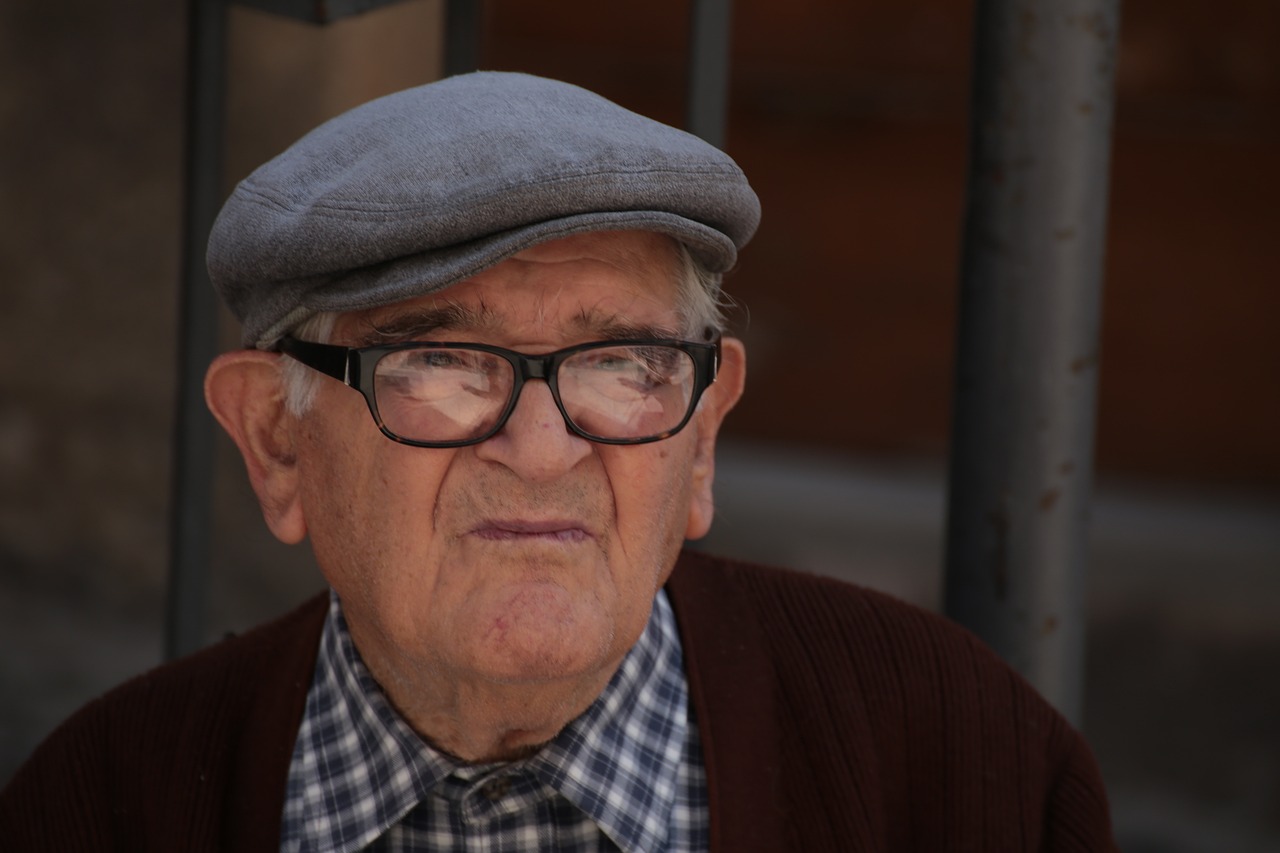
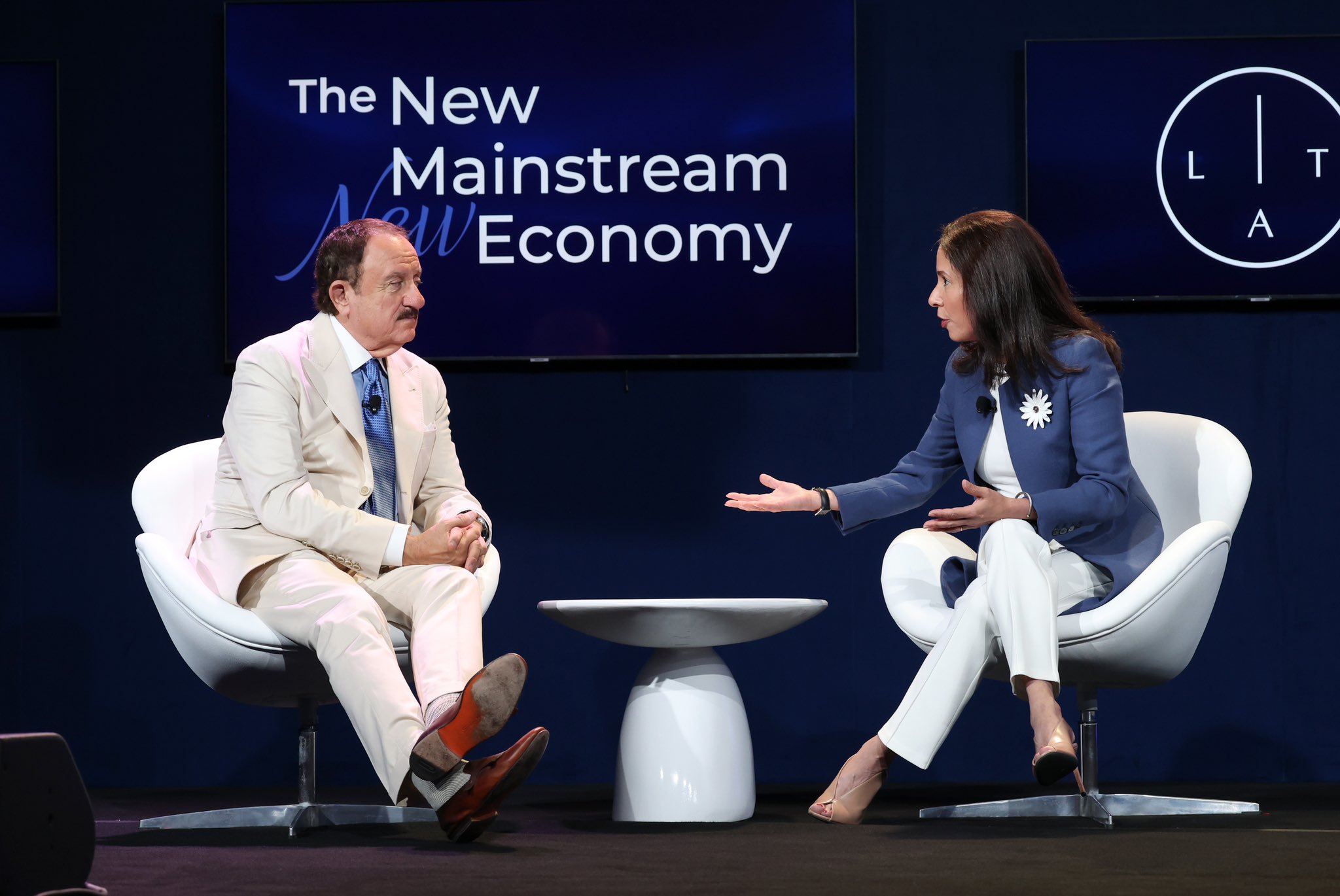

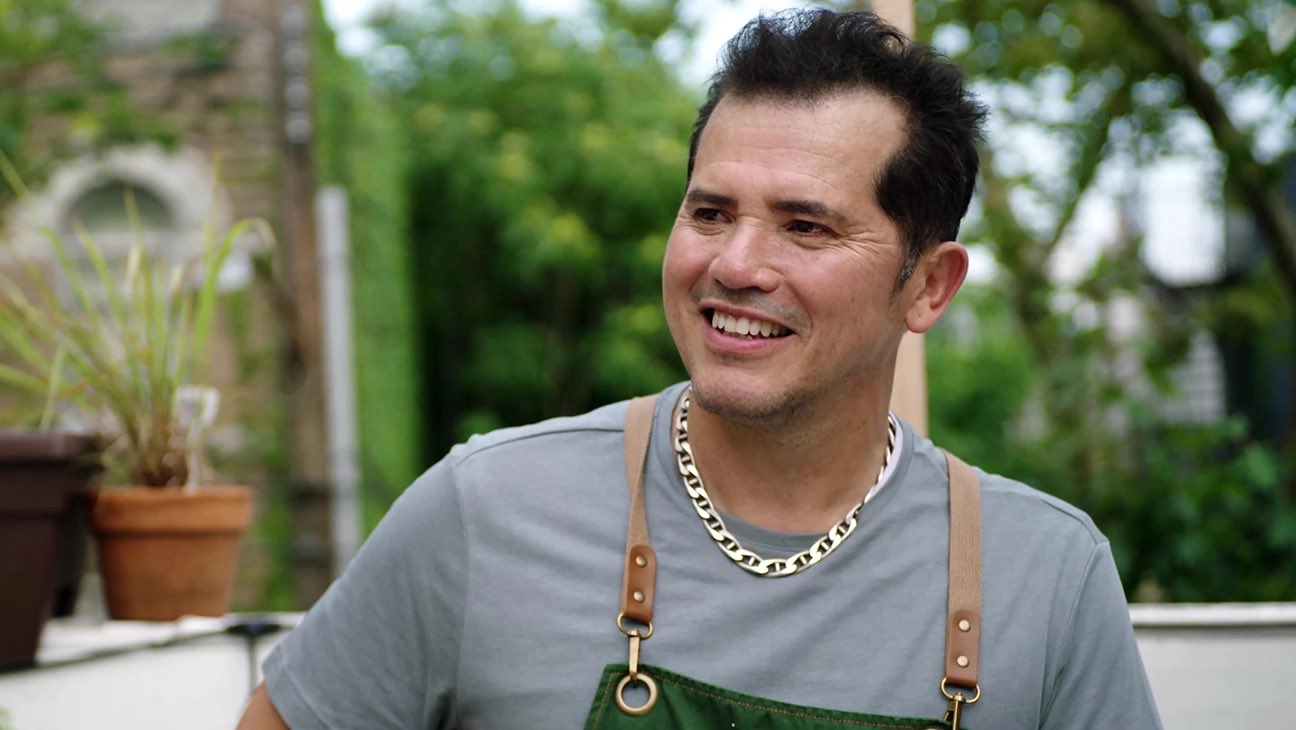

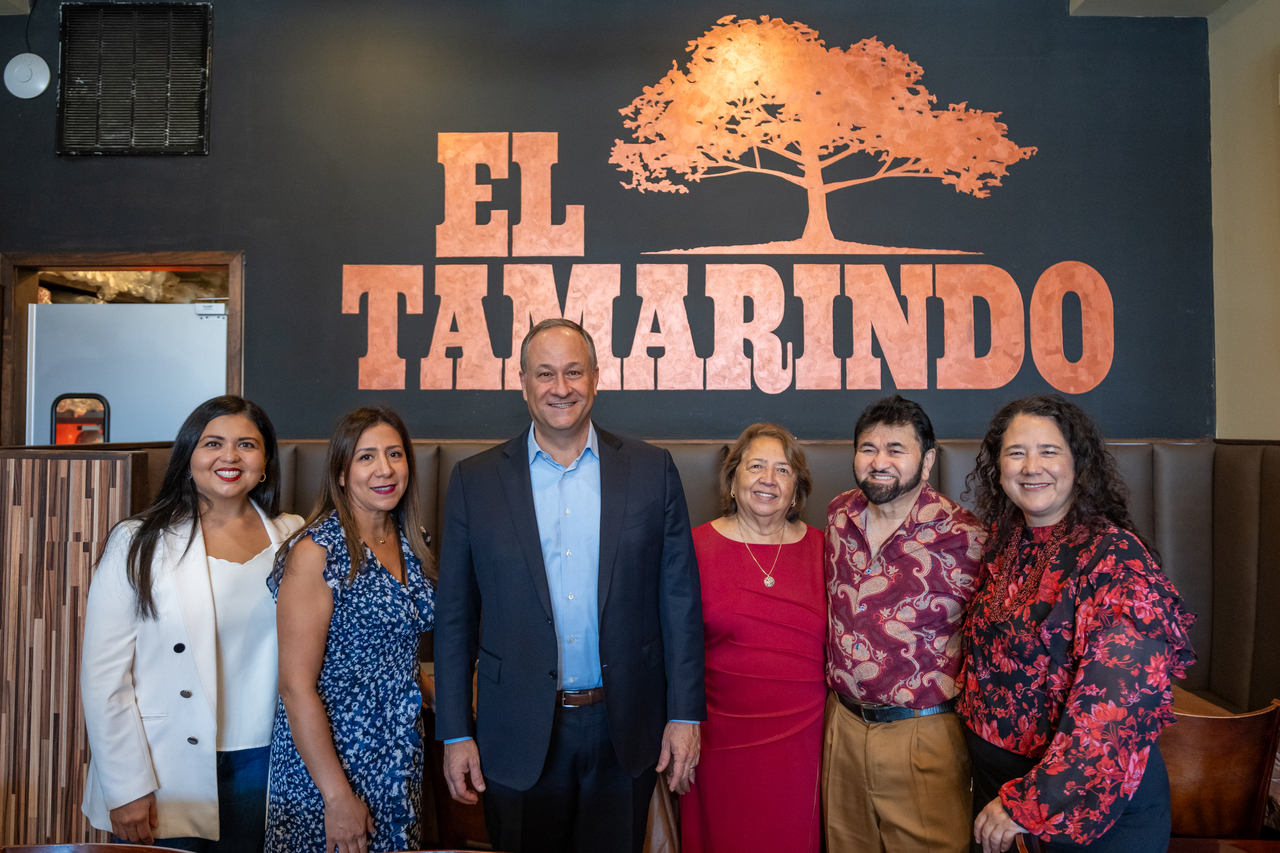
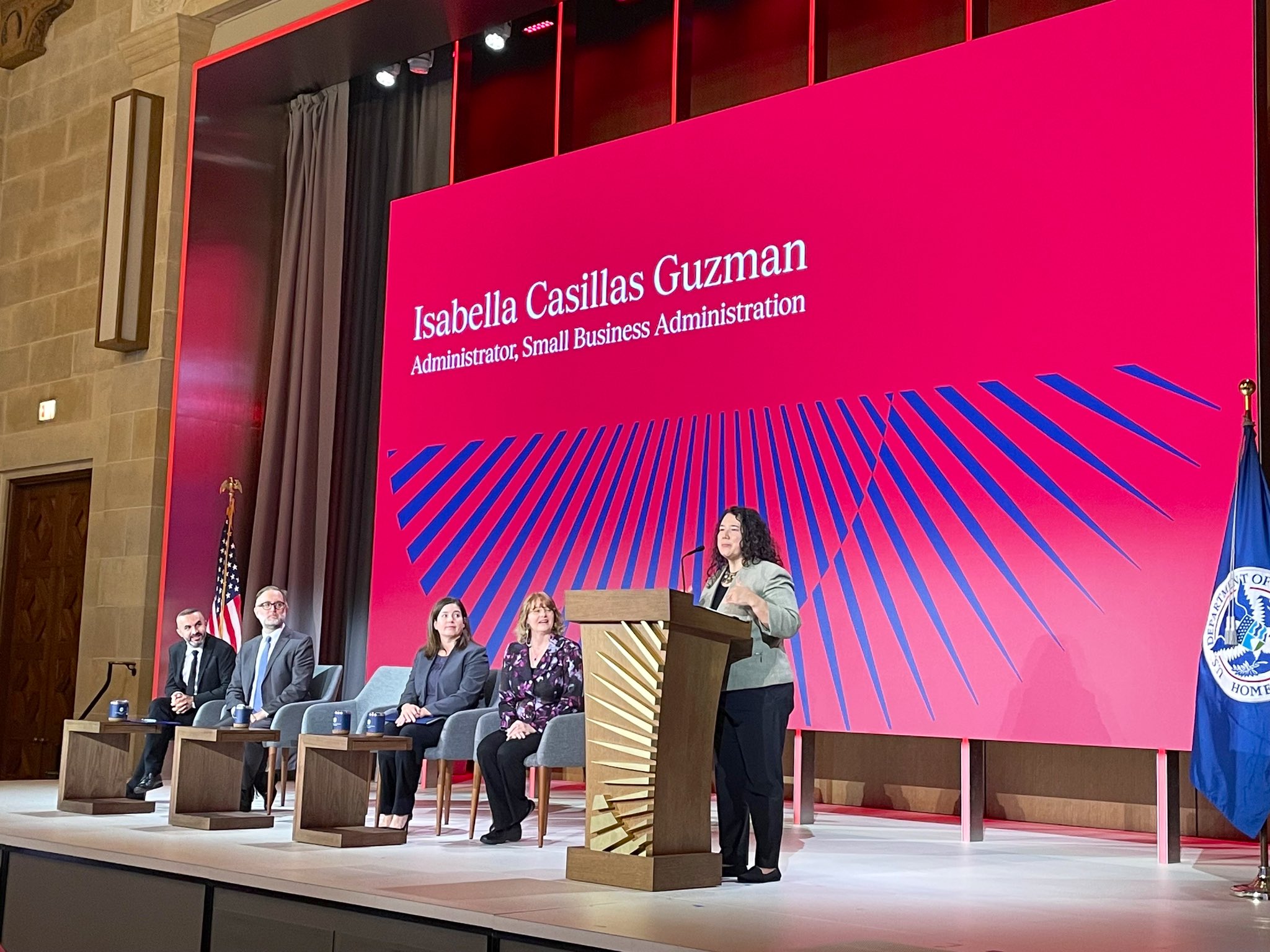
DEJE UN COMENTARIO:
¡Únete a la discusión! Deja un comentario.